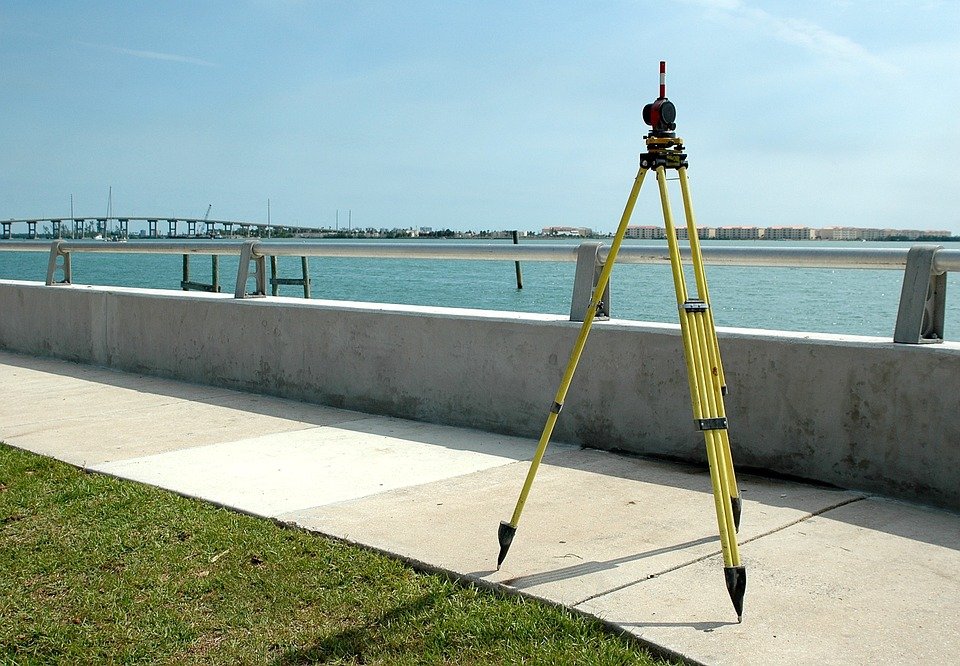[ad_1]
Understanding the Benefits of GPS Surveying Devices
GPS surveying devices are becoming increasingly popular for a variety of surveying tasks. These devices provide a more accurate and efficient way to measure distances, angles, and other geographic features. In this article, we will discuss the benefits of using a GPS surveying device as well as some of the most common applications.
Benefits of GPS Surveying Devices
GPS surveying devices offer a number of benefits that make them more desirable than traditional surveying methods. The most notable benefit is the accuracy of the data produced. GPS surveying devices are able to produce results with a margin of error of less than one meter. This is much more accurate than traditional surveying methods, which typically have a margin of error of several meters.
GPS surveying devices are also much faster and more efficient than traditional methods. They can be used to take measurements in a fraction of the time that it would take to do the same job with traditional surveying methods. This makes them ideal for large-scale projects that require quick results.
GPS surveying devices are also much more cost-effective than traditional methods. They require fewer personnel and less equipment, and the results are more accurate. This makes them a great choice for projects that need to be completed quickly and without breaking the bank.
Common Applications of GPS Surveying Devices
GPS surveying devices can be used for a variety of tasks. They are most commonly used for mapping, surveying, and navigation. They can also be used for geological and geophysical exploration, as well as for measuring distances, angles, and other geographic features.
Mapping is one of the most common applications for GPS surveying devices. They are used to create accurate maps of large areas, such as cities, forests, and oceans. They can also be used to map out roads, rivers, and other features.
Surveying is another common application of GPS surveying devices. They are used to measure distances, angles, and other geographic features. This data can then be used to create accurate maps, as well as to calculate land boundaries and other important measurements.
GPS surveying devices are also used for navigation purposes. They can be used to track a person’s location or to create a navigational route. This can be useful for search and rescue operations, as well as for recreational activities such as hiking and camping.
Conclusion
GPS surveying devices offer a number of benefits that make them more desirable than traditional surveying methods. They are more accurate, faster, and more cost-effective. They can be used for a variety of tasks, including mapping, surveying, and navigation. With the increasing popularity of GPS surveying devices, it is important to understand the benefits and common applications of these devices.
[ad_2]


